A list of films produced in Argentina in 1952:
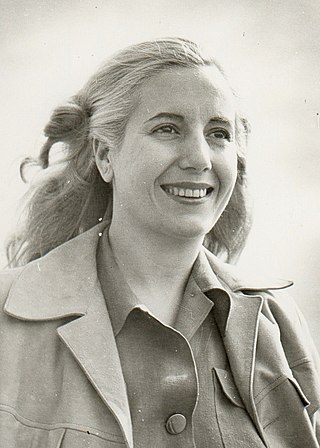
María Eva Duarte de Perón, better known as just Eva Perón or by the nickname Evita, was an Argentine politician, activist, actress, and philanthropist who served as First Lady of Argentina from June 1946 until her death in July 1952, as the wife of Argentine President Juan Perón. She was born in poverty in the rural village of Los Toldos, in the Pampas, as the youngest of five children. In 1934, at the age of 15, she moved to the nation's capital of Buenos Aires to pursue a career as a stage, radio, and film actress. She married Perón in 1945, when he was still an army colonel, and was propelled onto the political stage when he became President in 1946. She became a central figure of Peronism and Argentine culture because of the Eva Perón Foundation, a charitable organization perceived by many Argentinians as highly impactful.

Fernando Álvaro Lamas y de Santos was an Argentine-American actor and director of the Golden Age of Argentine cinema. He is the father of actor Lorenzo Lamas.
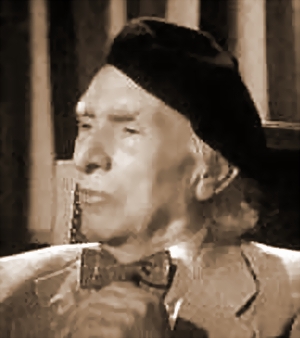
John Alton, born Johann Jacob Altmann, in Sopron, Kingdom of Hungary, was an American cinematographer of Hungarian-German origin. Alton photographed some of the most famous films noir of the classic period and won an Academy Award for the cinematography of An American in Paris (1951), becoming the first Hungarian-born person to do so in the cinematography category. He also worked as a director during the Golden Age of Argentine cinema.
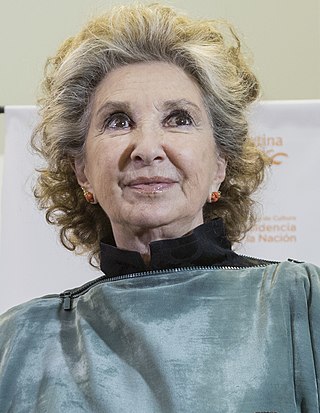
Norma Aleandro is an Argentine actress. She is considered one of the most celebrated and prolific Argentine actresses of all time and is recognized as a cultural icon in her home country.

Libertad Lamarque Bouza was an Argentine and Mexican actress and singer, became one of the most iconic stars of the Golden Age of cinema in both Argentina and Mexico. She achieved fame throughout Latin America, and became known as "La Novia de América". By the time she died in 2000, she had appeared in 65 films and six telenovelas, had recorded over 800 songs and had made innumerable theatrical appearances.
In art, neorealism refers to a few movements.

Juan Carlos Mundin-Schaffter, known as Carlos Thompson, was an Argentine actor.

Hugo Geronimo Fregonese was an Argentine film director and screenwriter who worked both in Hollywood and his home country during the classical era of Argentine cinema.
Evita may refer to:
This is an index to pages listing Argentine films ordered by year of release. For an A-Z list, see Category:Argentine films.
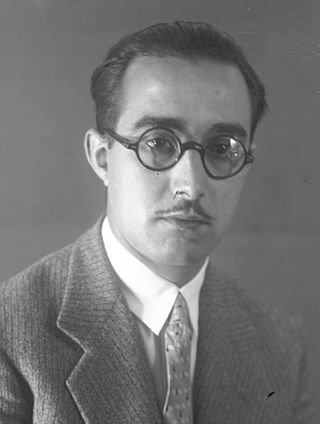
Román Viñoly Barreto was a Uruguayan-Argentine film director notable for his work during the classical era of Argentine cinema.

Dark River is a 1952 Argentine drama film directed by Hugo del Carril, starring del Carril, Adriana Benetti and Raúl del Valle. It is based on a novel by Alfredo Varela. The storyline is about exploitation of peons, and the film has a populist message that ties in with the director's sympathy for Peronism. The film won the Silver Condor Award for Best Film.

Kurt Landesberger was an Austrian born Argentine film director notable for his work during the classical era of Argentine cinema.

Pierre Bruno Hugo Fontana, otherwise known as Hugo del Carril, was an Argentine film actor, film director and tango singer of the Golden Age of Argentine cinema.

Enrique Carreras was a Peruvian-born Argentine film director, screenwriter and film producer. He was one of the most prolific film directors in the history of the cinema of Argentina and a prominent figure of the classical era of Argentine cinema.

Carlos Rinaldi was an Argentine film director of the classical era of Argentine cinema and beyond. He began his career in 1937 with Argentina Sono Film, working in editing. Subsequently, he joined Associated Argentine Artists, where he was responsible for the editing of the company's entire production, earning recognition as the leading editor of his time. Rinaldi made his directorial debut with La cuna vacía in 1949 and directed numerous films until 1980.

Lucas Demare was an Argentine film director, screenwriter, and film producer notable for his work during the classical era of Argentine cinema and beyond.

Pedro Rodolfo Dellacha was an Argentine football defender and coach. He was the captain of the Argentina national team that won the 1957 Copa América and earned the nickname "Don Pedro del Area". As a manager, he won the Copa Libertadores twice and league championships in four countries.
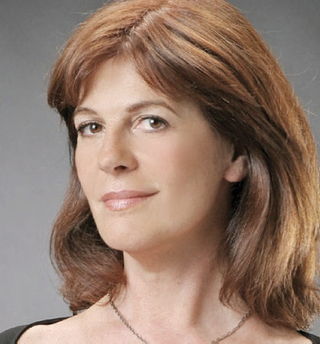
Susana Raquel "Susú" Pecoraro is an Argentine film and television actress, one of the most popular of the country.
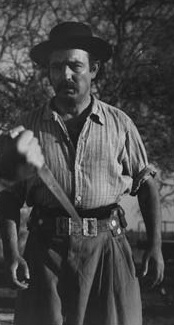
Raúl del Valle was a Chilean film and theatre actor who performed for most of his career in Argentina.